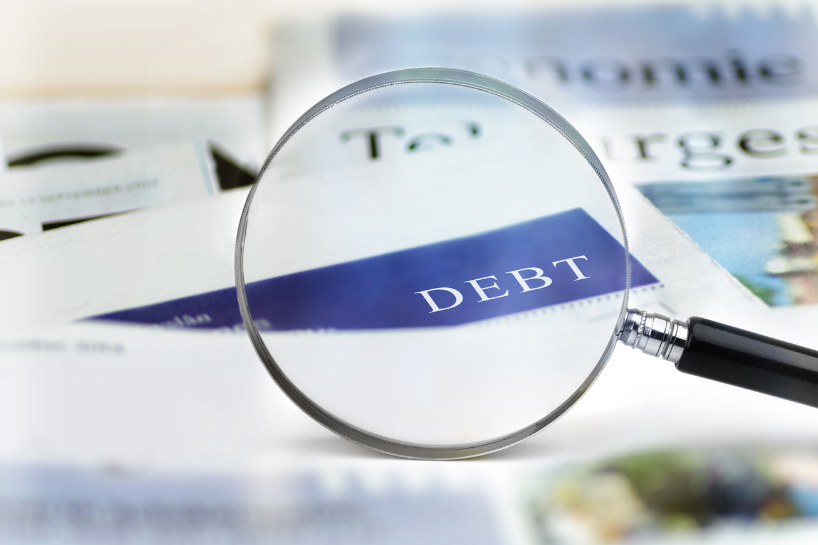The cost of living is an increasing issue for businesses and individuals in the economic landscape of New South Wales in 2023 and we consider debt recovery to be of the upmost importance. Whether you are a business owner or an individual owed money, understanding the available options for debt recovery is crucial. In this article, we will explore several effective strategies to recover debts in NSW.
Negotiation and Mediation
Before resorting to legal action, it is often beneficial to attempt negotiation or mediation with the debtor. Open communication can lead to mutually agreeable payment plans or settlements that save time and expenses for both parties involved. Engaging a legal representative can help facilitate constructive discussions and increase the chances of reaching a resolution.
Issuing a Letter of Demand
When informal negotiations prove ineffective, issuing a Letter of Demand is a formal way to demand payment from the debtor. A Letter of Demand outlines the debt owed, provides a deadline for payment, and warns of potential legal action if the debt remains unpaid. It serves as a strong initial step towards debt recovery and demonstrates your commitment to pursuing the matter.
Statutory Demands
For larger debts owed by companies, a Statutory Demand can be an effective tool. By issuing a Statutory Demand, you demand payment within 21 days. If the debtor fails to comply, you can apply to wind up the company, potentially leading to the liquidation of its assets to satisfy the debt. It is important to follow the strict legal requirements when issuing a Statutory Demand to ensure its validity.
Debt Recovery through the Tribunal
The NSW Civil and Administrative Tribunal (NCAT) offers a cost-effective and streamlined process for resolving disputes involving smaller debts (up to a specified threshold). Filing a debt recovery application with the NCAT can help expedite the recovery process, and the tribunal’s decisions are legally enforceable.
Court Proceedings
When all other options fail, initiating legal action through the court system becomes necessary. The Local, District, or Supreme Courts of NSW can handle debt recovery proceedings based on the amount owed. Seeking legal advice and engaging a qualified legal representative experienced in debt recovery can help navigate the complexities of court proceedings and increase the likelihood of a successful outcome.
Enforcement Action
If a court judgment is obtained in your favour, enforcement action can be undertaken to recover the debt. Common enforcement methods include garnishing wages, seizing assets, placing caveats on property, or obtaining a warrant to sell assets with the assistance of the Sheriff’s office. These actions aim to satisfy the debt by through these legal mechanisms.
In 2023, debt recovery remains a critical concern for businesses and individuals in New South Wales. By employing a strategic approach that combines negotiation, formal demands, alternative dispute resolution methods, and legal proceedings when necessary, debtors can increase their chances of successfully recovering debts owed to them.
Remember, seeking professional legal advice tailored to your specific circumstances is vital to ensure compliance with relevant laws and regulations throughout the debt recovery process.
Article by:
Matt Gauci, Partner, and Jessica Egger, Senior Associate.














